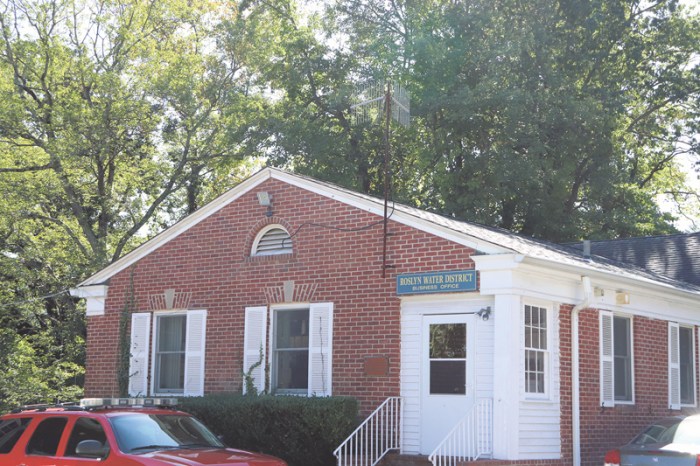
Long Island’s mayors spoke with the area’s congressmen through a Zoom panel last Tuesday to convey how hard their communities have been hit by the coronavirus pandemic and stress the need for a united front moving forward.
As of May 7, more than 37,000 Nassau County residents and more than 35,000 Suffolk County residents have tested positive for COVID-19 since the virus first spread to Long Island. According to data obtained by Johns Hopkins University, Nassau and Suffolk have had the fifth and ninth-highest COVID-19 death totals of any county in the U.S., with 1,818 Nassau residents and 1,296 Suffolk residents taken by the virus respectively. Neighboring Queens and Kings counties have the highest and second-highest numbers for both cases and deaths.
Democratic District 3 Congressman Tom Suozzi, who moderated the panel between the county’s federal representatives and local leaders, emphasized the importance of dealing with the virus’ impact on Long Island when working on trying to contain it throughout the nation.
“We are really the hardest hit places in America,” Suozzi said. “We’re the epicenter of the coronavirus, and because we’re the epicenter we need to make sure that our state and our counties and our local governments are treated that way.”
Suozzi was joined by all of the congressmen with a district that covers at least a portion of either Nassau or Suffolk County, including Republican representatives Lee Zeldin and Peter King, as well as Democratic representatives Kathleen Rice and Gregory Meeks. Each spoke about working across the aisle to try and bring aid back home before allowing Village of Freeport Mayor Robert Kennedy to expand on the issues the island’s villages are facing.
With virtually all public activity shut down throughout New York since the middle of March, Kennedy said most villages have seen a drastic dropoff in the revenue they normally expect to accrue.
“I see the lost revenues as probably a three-fold problem,” Kennedy, who also serves as president of the New York Conference of Mayors, said. “We [Freeport] lose roughly $300,000 a month in the recreation center, and not only are we not bringing the people in but we have to reimburse them for the funds that they paid as members. Building permits have just dropped off completely, many of the developers have just walked away completely from the projects. Many of the businesses are probably going to fail and go out. Economic development has just dropped off the map.”
Kennedy said the stresses of coronavirus have been exacerbated by tax revenue loss from the implementation of the federal SALT cap, and even from long-lingering costs of recovering from Superstorm Sandy.
“I don’t expect the dust is going to settle here until probably around September or October,” Kennedy said. “We’re just bailing out from Superstorm Sandy seven or eight years ago. That’s not just Freeport, look at all those waterfront communities between Nassau and Suffolk who had all of these damages building themselves up now and now you have to be faced with SALT tax and COVID-19 revenue loss. We do need some assistance.”
Zeldin remarked that aid from the federal CARES Act didn’t reach down to the lowest levels of government on Long Island, and said the representatives are working on eliminating the population minimum for receiving aid in the next federal package. Currently a government must represent at least 500,000 people to be eligible for CARES Act aid, so the only entity on Long Island that has received federal funds is the Town of Hempstead.
“There’s some talk in Congress to reduce the 500,000 population threshold to 50,000,” Zeldin said. “Speaking for myself, we really need to drive funding directly to the lowest level of government. It’s not just about reducing the 500,000 population to 50,000, in my opinion it’s about getting rid of it.”
King said there is likely enough bipartisan support in the House of Representatives to pass an aid bill that delivers funds to local governments, but the issue now is creating the momentum to pass the bill in the Senate. “I don’t think you’re ever going to get to Mitch McConnell by logic or reason, but pressure is pressure,” King said. “If the mayors in Kentucky rise up against Mitch McConnell, that’s what going to do it. Put the pressure on him.”






























